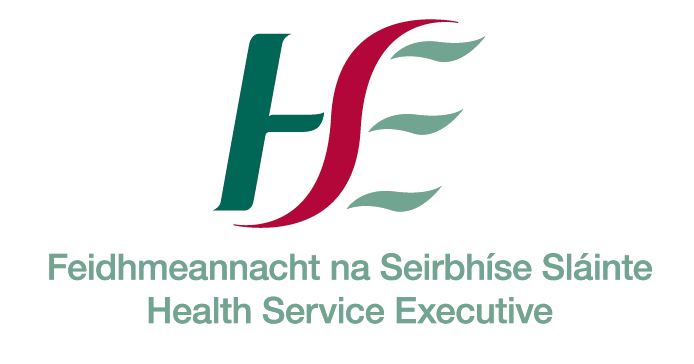Help support Cork Safety Alerts by becoming a ‘Supporter’ and donating a small amount each month to help with the running of our website, server and organisation! Click here to become a CSA Supporter.
There has been an increase in the number of cases of mumps notified to the Department of Public Health, HSE South in recent weeks.
This follows on from an notable increase in the number of cases reported in other regions of the country (a link is included below to the most recent available figures).
Most cases are teenagers and young adults, occurring among those aged 15-24 years of age. The highest numbers of cases are in those aged 18-19 years of age. In Cork and Kerry, we have noted that many of the cases are among young people attending third level institutions.
There are two important factors in preventing the spread of mumps while it is circulating:
- a high level of age appropriate MMR vaccination
- making sure anyone with mumps limits their contact with others while infectious
For that reason, the Department of Public Health, HSE South is recommending that:
- Students and young adults should ensure they have had two doses of the MMR vaccine, available free of charge from the HSE. Anyone who is not sure if they have had both doses can safely receive an additional dose. You can see more information https://www.hse.ie/eng/health/immunisation/whoweare/requestrecord.html on how to see your vaccination record.
- Any person with mumps should limit their contact with others while infectious. A person with mumps and is advised not to attend work, school, college, university or child-care during their infectious period (i.e. for 5 days after onset of swelling)
- Where possible, people should avoid contact with anyone who has mumps infection
- Regular hand washing is always a good idea.
Dr Augustine Pereira, Director of Public Health, HSE South advised that vaccination with the MMR vaccine is the only way to protect against mumps, and added that the two scheduled doses of MMR are estimated to protect about 88% of individuals.
“We are therefore advising that all students and young adults (including young teachers) should ensure that they have had two doses of the MMR vaccine. The vaccine can be obtained free of charge from your GP or student health service. Everyone should avoid contact with someone who has mumps infection, and of course we urge everyone to continue with regular hand washing,” Dr Pereira said.
Anyone who suspects they have mumps should telephone their GP for advice before visiting.
And anyone who has a clinical diagnoses of mumps should limit their contact with others while infectious, and not attend work, school, college, university or child-care during their infectious period, which is for five days after the onset of swelling.
“We’d like to reiterate the key message that all children should be vaccinated with two doses of the MMR vaccine as part of the routine childhood immunisation programme,” Dr Pereira said.
What is Mumps?
Mumps is an acute viral disease. It is very infectious. Symptoms include fever, headache, muscle aches, tiredness, and loss of appetite followed by swelling of salivary (and sometimes other) glands.
How is mumps spread?
It is spread by direct contact with saliva or respiratory droplets from the mouth, nose, or throat, such as
- coughing, sneezing, or talking
- sharing items contaminated with saliva (water bottles or cups)
- close-contact activities with others (playing sports, dancing, or kissing)
- touching objects or surfaces contaminated with the virus
How long is someone infectious?
- about 3 days before swelling of salivary glands to approximately 5 days after
How can we prevent the spread of mumps?
- A person with mumps should limit their contact with others while infectious and is advised not to attend work, school, college, university or child-care during their infectious period (i.e. for 5 days after onset of parotid swelling) in view of the possibility of transmitting virus to non-immune individuals.
- All students and young adults (including young teachers) should ensure that they have had two doses of MMR vaccine (measles mumps rubella vaccine). The vaccine can be obtained FREE OF CHARGE from their GP or student health service.
- Avoid contact with someone who has mumps infection
- Regular hand washing
What if I’m not sure if I’ve had two doses of the MMR?
The National Immunisation Advisory Committee (NIAC) does not recommend a third dose of MMR for those who have documentary evidence of having already received two doses. However, an additional dose won’t cause any harm, so anyone unsure of whether they have had two doses or not can safely receive a dose of MMR vaccine.
Where can I get a copy of my vaccination records?
Follow this link for more information
https://www.hse.ie/eng/health/immunisation/whoweare/requestrecord.html
Want to get €5, absolutely free? Sign up to the ‘Smart’ Debit Card – Curve today, and earn a fiver on us! Find out more here.
[sg_popup id=3298]

